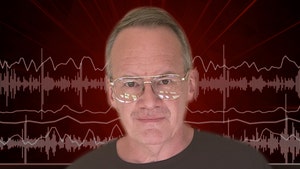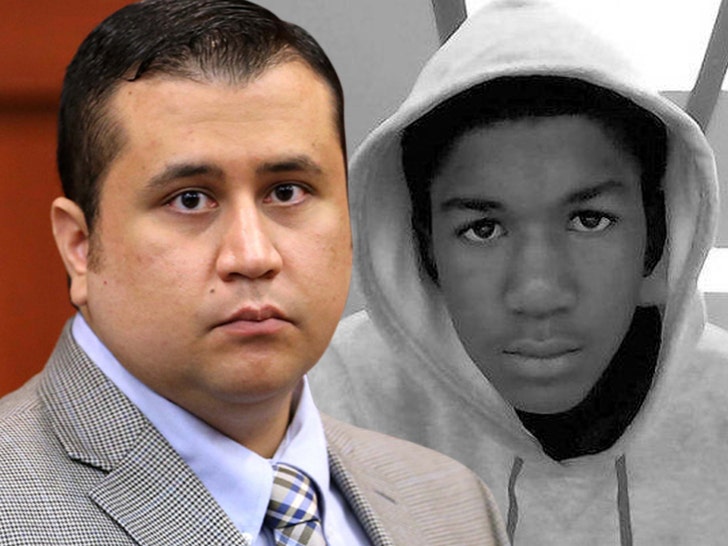
The current spotlight on Rock likely sprung from a June 29 op-ed guest column in the Oakland Press by Ken Hreha, a Dryden resident and flag opponent who has long pressed media outlets to provide more balanced coverage of the musician's relationship with the flag. Other public figures have become part of the bigger story, including rocker Tom Petty, who on Tuesday disowned his association with the flag in the 1980s, calling it "downright stupid."īut the Kid Rock focus may also reflect the distinctive nature of media and information in the evolving digital age. The Confederate flag has sparked understandable intensity in the aftermath of the Charleston shootings, with opponents decrying it as a lingering symbol of hatred and defenders calling it an enduring emblem of Southern heritage.


So how did an artist who hasn't flown the flag in half a decade become one of the top national talking points in the post-Charleston conversation, complete with media confusion, fake viral stories and a brash Fox News Channel moment courtesy of Rock himself? "My biggest frustration is that (the protesters) are using Kid Rock's name and Chevy's name to get attention for themselves based on something he wasn't even doing - and that they didn't even know that," said Stern. The accused gunman, Dylann Roof, had posted online photos of himself with the Confederate battle flag, reigniting a larger debate about the flag's meaning and prompting its removal from the South Carolina state capitol. The NAN protests prompted a frenzy of national media attention on Rock and the flag, in the wake of the June 17 shooting of nine black people at a Charleston, S.C., church. A press release announcing the demonstration described Kid Rock as someone "who proudly displays the flag in his concerts" and called on him to "stop using (the) Confederate flag in his shows." Still, that reality wasn't necessarily understood last week as protesters with the Detroit chapter of Al Sharpton's National Action Network (NAN) began demonstrating against Kid Rock at the Detroit Historical Museum, which houses a Rock-funded music exhibit. While his publicist offered few details Wednesday about Rock's thinking the night of the NAACP event, the ceremony clearly was a turning point for the musician.


 0 kommentar(er)
0 kommentar(er)
